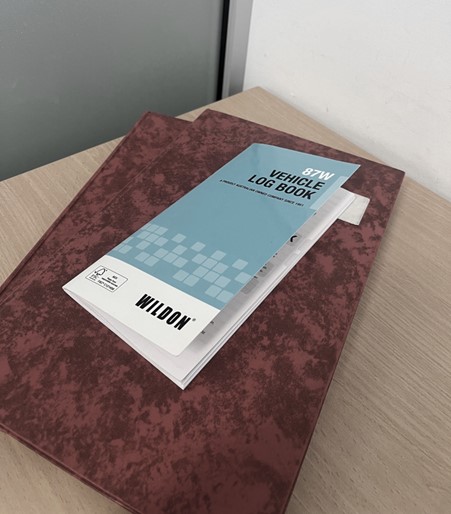
The 2022/23 Federal Budget was announced on 29 March 2022, with measures focusing on reducing the pressure surrounding the cost of living and rebuilding the economy.
Assistance for Individuals
To assist with the increase in living costs the Government announced a once-off $420 offset for the 2022 income year, which will be provided in the form of an increase to the existing low and middle income tax offset (LMITO). With this addition it will increase the maximum LMITO benefit to $1,500 for individuals and $3,000 for couples, and will be paid from 1 July 2022 when individuals lodge their 2022 tax returns.
For all individuals who are entitled to an amount of the LMITO for the 2022 income year under the current law, their entitlement is proposed to increase by $420, as follows;

LMITO is not available for the 2023 income year
The Medicare levy for low-income thresholds will increase from 1 July 2021 as follows;
- Singles threshold will increase from $23,226 to $23,365.
- Family threshold will increase from $39,167 to $39,402.
- Single seniors and pensioners threshold will increase from $36,705 to $36,925.
- Family threshold for seniors and pensioners will increase from $51,094 to $51,401
For each dependent child or student, the family income threshold will increase from $3,597 to $3,619.
The Government announced there will be a tax deductibility for COVID-19 test expenses, ensuring the costs of taking a COVID-19 test to attend a workplace are tax deductible for individuals from 1 July 2021. The Government will also ensure FBT will not be incurred by businesses where COVID-19 tests are provided to employees for this purpose.
Changes for Businesses
The Budget is bringing a skills and training boost to support small and medium-sized businesses to train and upskill their employees. The boost will apply to eligible expenses incurred from 7:30pm (AEDT) on 29 March 2022 until 30 June 2024.
Small and medium businesses with an aggregate annual turnover of less than $50 million will be able to deduct an additional 20% of their expenditures incurred on external training courses provided to their employees. These training courses will need to be in Australia or online and delivered by entities registered in Australia.
Eligible expenditures incurred by 30 June 2022, will be claimed in the tax return for the following income year. While eligible expenditure incurred between 1 July 2022 and 30 June 2024, will be claimed in the income year which the expenditure is incurred.
The introduction of a technology investment boost aims to support digital adoption by small and medium-sized businesses. This boost will apply for eligible expenses incurred from 7:30pm (AEDT) on 29 March 2022 to 30 June 2023.
Similar to the skills and training boost, small and medium-sized businesses will be able to deduct an additional 20% of expenses incurred on business expenses and depreciating assets which support their digital adoption, such as portal payment devices, cyber security systems or subscriptions to cloud-based services.
There will be an annual cap in each qualifying income year so that expenditure up to $100,000 will be eligible, which equates to a maximum deduction of $20,000 per eligible income year.
Subject to software providers it is anticipated from 1 January 2024, businesses will be able to choose to have their PAYG instalments calculated based on their current financial performance, extracting information from their accounting software, with some tax adjustments. This aims to support business cash flow by ensuring the instalments reflect their current performance rather than past performance.
Similar to the PAYG instalment system change, it is anticipated from 1 January 2024 businesses will have the option to report their Taxable Payments Reporting System data (via accounting software) on the same lodgement cycle as their activity statements.
Stability for SMSFs
While the Budget has delivered on stability for the superannuation sector, there are two previously announced SMSF measures that may be delayed. SMSF bodies have noted there was no confirmation in this year’s Budget for the two-year exit measure for legacy pension and SMSF residency change that were announced in last year’s Budget.
The Government has extended the temporary 50 per cent reduction for the superannuation minimum draw down requirements for account-based pension and similar products until 30 June 2023. This measure will continue to provide assistance to retirees to ensure they can meet the minimum drawdown requirements without selling assets.
Other Budget announcements
The Government has announced they provide a temporary reduction in fuel excise, this will assist with high fuel prices by halving the excise and excise-equivalent customs duty rate which applies to petrol and diesel. This measure will begin 12.01am on 30 March 2022 and remain in place for six months.
Expanding access to employee share schemes will reduce red tape so employees of all levels can directly share in the business growth they assist in generating. Participants will be able to invest up to the following amounts;
- $30,000 per participant per year, accruable for unexercised options for up to five years, plus 70% of dividend and cash bonuses; or
- Any amount, if it would allow them to immediately take advantage of a planned sale or listing of the company to sell their purchased interests at a profit.




